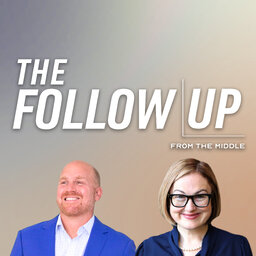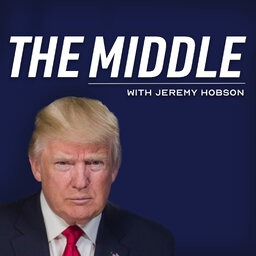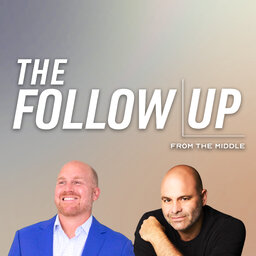Election 2024: What do you want the next President to do about the economy?
On this episode of The Middle we'll be asking you what you want the next President (whoever that may be) to do about the economy. We're joined by financial analyst Juli Niemann and business journalist Roben Farzad. The Middle's house DJ Tolliver joins as well, plus callers from around the country. #economy #markets #inflation #prices #costofliving #Trump #Harris
In 1 playlist(s)
The Middle with Jeremy Hobson
The Middle with Jeremy Hobson is a national call-in talk show focused on bringing the voices of Amer…Social links
Follow podcast
Recent clips

The Follow Up: Fear in Trump's First Year, Michigan and the Midterms
22:56

One year of Trump: How are His Policies Affecting You?
49:39

The Follow Up: Minneapolis, Maduro’s Capture, and the First Days of Mamdani
26:52
 The Middle with Jeremy Hobson
The Middle with Jeremy Hobson